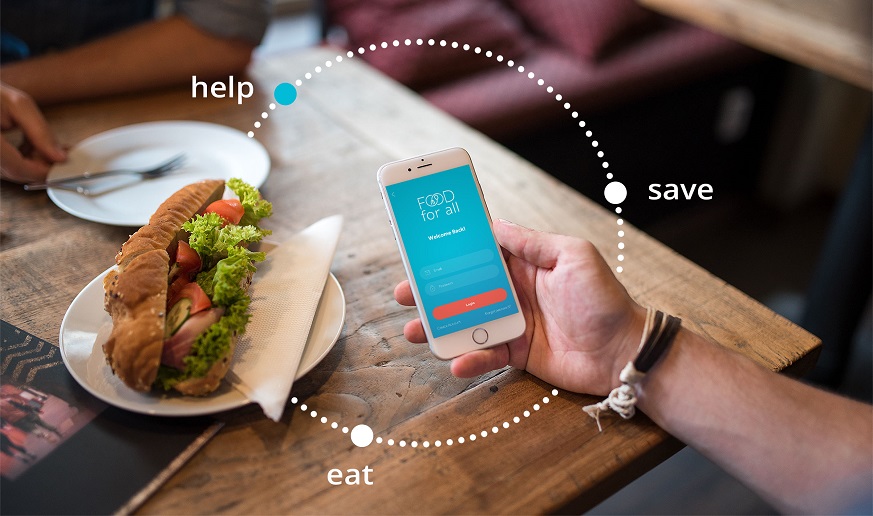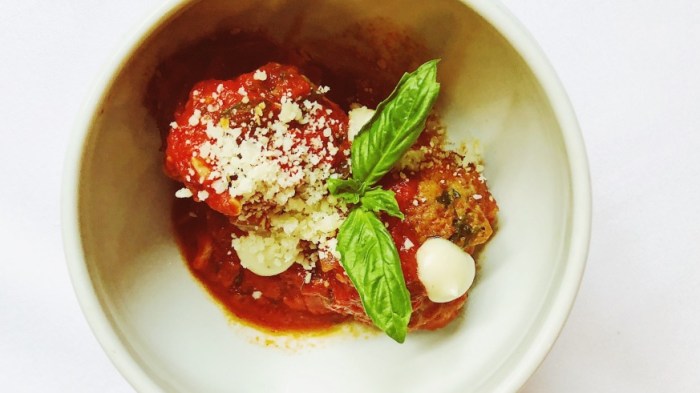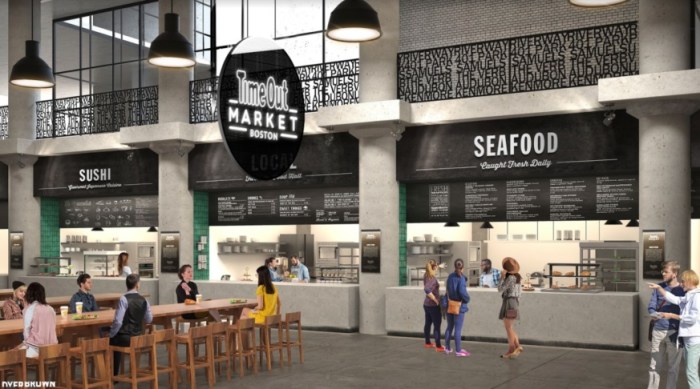One in six people in the United States reportedly struggle with hunger, and yet, at the same time, up to 40 percent of all the food produced in the U.S. isn’t eaten.
The Boston-born app Food for All was developed last year to help solve that food waste problem. This week, Food for All is going even further to fix food waste and help alleviate hunger by teaming up with Boloco and the Greater Boston Food Bank.
The app works by allowing users to buy food that restaurants would normally toss out at the end of the day. Customers get that surplus food for a cheaper price — at least 50 percent off, said Sabine Valenga, co-founder of Food for All.
“Our mission, of course, is to reduce food waste, which is a major problem,” Valenga said. “It’s not only a social problem because of [the issue of] hunger, but also an environmental problem because of all the greenhouse gas that food waste emits.”
Restaurants also benefit because they get to make sales on food that would otherwise be thrown out. But now, Food for All is trying something new in partnership with Boloco, the Boston burrito chain.
Instead of making a profit from the Food for All app sales, all the proceeds from Boloco meals bought through the app will go to the Greater Boston Food Bank. That way, instead of just eliminating some food waste, the companies are also funding meals to feed the hungry directly.
“It all started when we realized we could actually multiply the impact of every meal, if instead of giving the proceeds to restaurants, if we donated them,” Valenga said of how the partnership came about.
She acknowledged that every small business can’t necessarily afford to do that, and may strongly benefit from the extra revenue via Food for All. But since Boloco is a bit more established, it’s a way for both companies to do more.
“We really believe that fighting food waste should be primarily by feeding people,” Valenga said. “That’s why we keep thinking, how can we actually empower organizations that already fight hunger? There are such great organizations that can multiply a dollar into three meals for people in need, it’s fascinating.”
Food for All works with 60 restaurants in Boston and New York, and they hope to expand the Boloco model with more businesses. The Boloco partnership begins Dec. 6 with surplus burritos, bowls and wraps costing $4.25 on the app, and all proceeds going to the Greater Boston Food Bank.
“The message here is that by doing very little, you’re doing a lot already,” Valenga said.

























